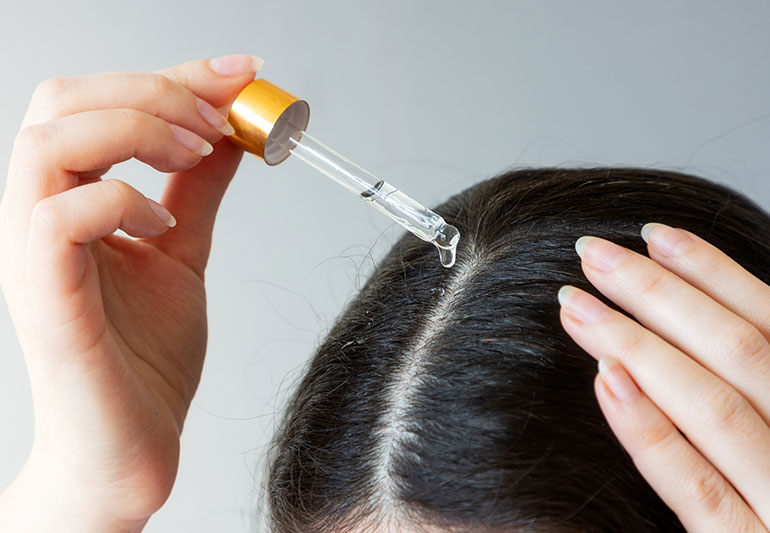Exploring the Potential of Ozonated Oils in Hair Care

Ozonated oils, which are oils infused with ozone (O3), have gained some attention in the realm of hair care. These oils are believed to offer potential benefits for the scalp and hair due to their purported antimicrobial and healing properties. However, it's important to note that scientific research on the specific effects of ozonated oils in hair care is limited, and more studies are needed to establish their efficacy conclusively.
Here are some potential applications of ozonated oils in hair care:
- Scalp health: The health of the scalp plays a vital role in the overall condition of the hair. It is believed that ozonated oils may help address various scalp conditions, such as dandruff, dryness, and inflammation. The antimicrobial properties of ozone can potentially help reduce the presence of microorganisms on the scalp, contributing to a healthier scalp environment.
- Hair growth and strengthening: Some anecdotal evidence suggests that ozonated oils may promote hair growth and strengthen the hair shaft. It is believed that improved scalp health, reduced inflammation, and enhanced blood circulation to the hair follicles may contribute to these potential benefits. However, further scientific research is needed to validate these claims.
- Moisturization and nourishment: Ozone is known for its potential to enhance the oxygenation process, and ozonated oils may provide moisturizing and nourishing effects to the hair and scalp. These oils are thought to penetrate the hair shaft, delivering nutrients and hydration to improve hair texture and shine.
- Scalp and hair cleansing: Due to their potential antimicrobial properties, ozonated oils may act as natural cleansers for the scalp and hair. They may help remove impurities, excess sebum, and product buildup without stripping away the natural oils from the hair and scalp.
While there are limited scientific studies on the specific effects of ozonated oils in hair care, some individuals have reported positive experiences. It is worth noting that ozonated oils should be used as complementary options and not as standalone treatments for hair and scalp conditions. It is always advisable to consult with hair care professionals or dermatologists for personalized advice and to determine the best course of action for your specific needs.
Given the limited scientific literature on ozonated oils in hair care, it's important to be cautious when considering their use. Reliable studies are needed to establish the safety, efficacy, and optimal usage guidelines for incorporating ozonated oils into hair care routines.
Please note that the information provided above is based on current knowledge up until September 2021, and new research may have emerged since then.










